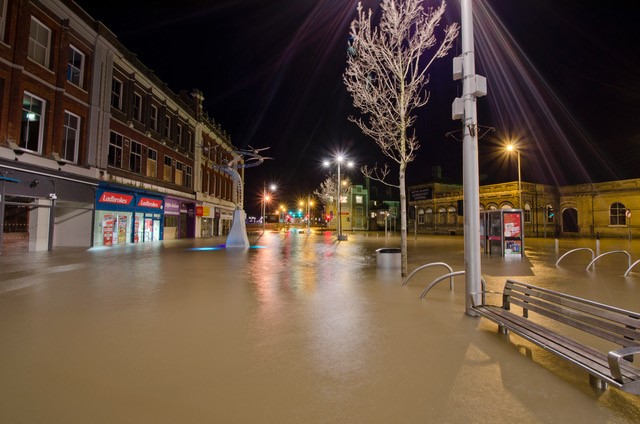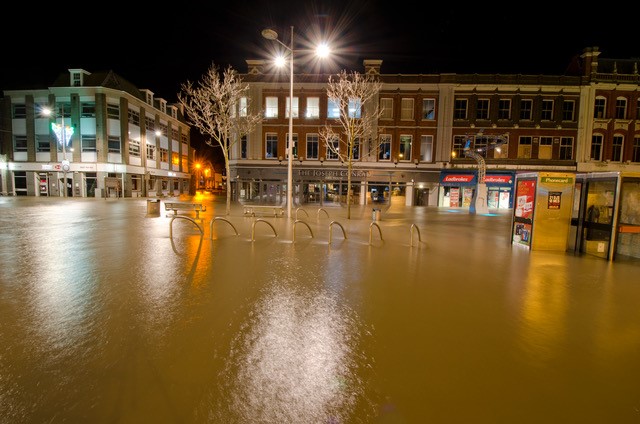Our impact so far
As an island nation with exposed coastlines, rivers and mountains, floods have played an important role in the history of the UK. The four primary types of flooding include fluvial (riverine), coastal, pluvial (surface water), and groundwater flooding. Fluvial flooding is the leading cause of flood damage, accounting for approximately half of all annual flood losses. Climate change, population growth, and socio-economic developments are the key factors contributing to the escalating flood risk levels in the UK.
LSE has collaborated closely with the East Suffolk Council to assess the flood resilience of communities on the East Coast of England. The East Coast faces high risks of coastal erosion, storm surge, and pluvial and fluvial flooding. This program aims to promote system-level decision-making for flood resilience by considering a wide range of measures to enhance social, human, natural, physical, and financial capacities within communities.
The outcomes of this collaboration have been instrumental in developing grant proposals by the local authority. As a result, the East Suffolk Council successfully secured £8 million of national funding for various flood resilience projects in Norfolk and Suffolk. Furthermore, the outcome of this project has served as valuable local evidence for consultation on the UK’s National Flood and Coastal Erosion Risk Management Strategy for England.
The future
As a member of the Alliance, LSE will continue to study the baseline resilience of communities in Lowestoft and identify resilience gaps to support evidence-based decision making and investment.







